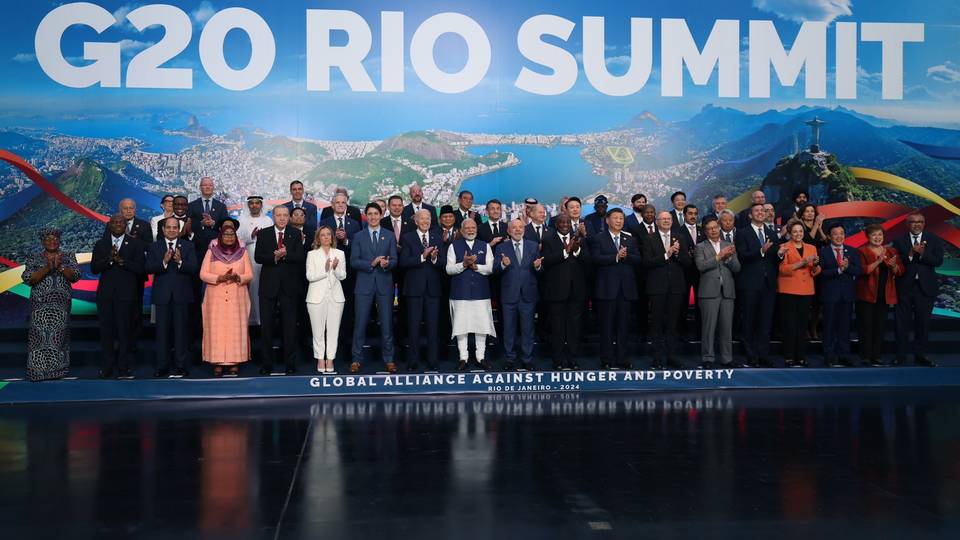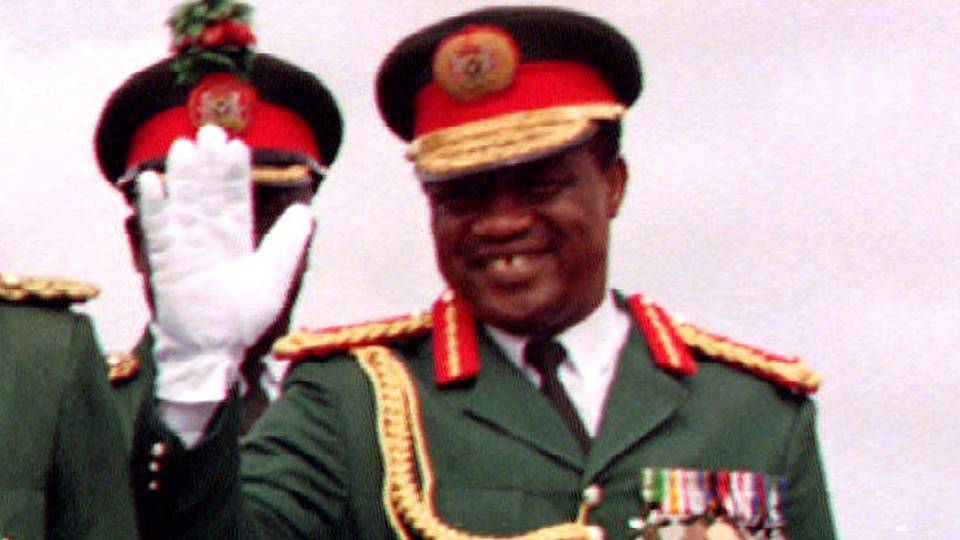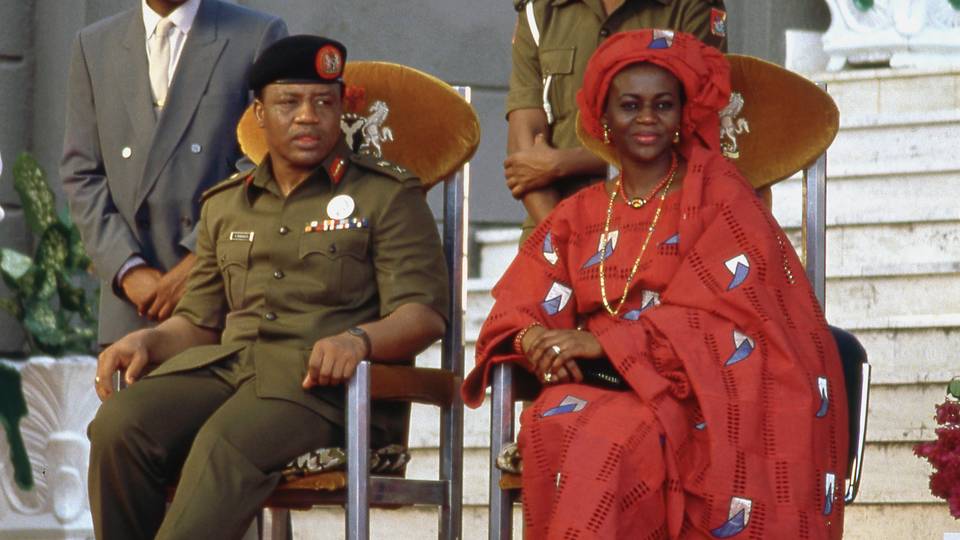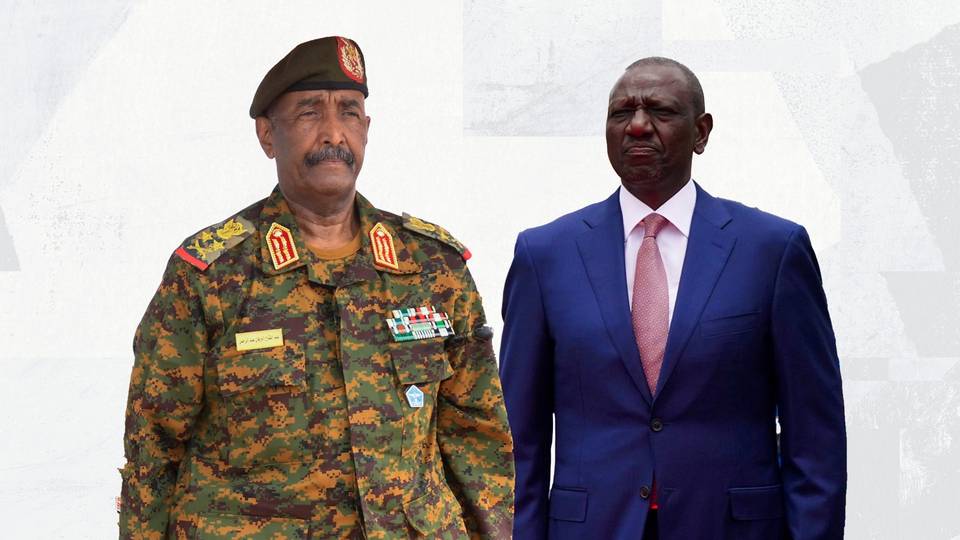Sport
Dollar
38,2552
0.34 %Euro
43,8333
0.15 %Gram Gold
4.076,2000
0.31 %Quarter Gold
6.772,5700
0.78 %Silver
39,9100
0.36 %The outcome of the G20 Summit in Rio de Janeiro that coincided with the inconclusive COP29 climate change talks in Baku could have far-reaching implications for Africa.

By Sylvia Chebet
Climate change talks typically go down the trodden path, with some of the biggest polluters hedging on their commitments while the rest of the world agonises over underfunded initiatives that fall short of the targets that must be met to combat the global crisis.
As the November 11-22 COP29 summit at Baku in Azerbaijan hit familiar hurdles on the home stretch, attention shifted to the meeting of G20 leaders in Brazil's Rio de Janeiro for some positive signals to regain momentum for the fight.
For Africa, the stakes couldn't be higher. The continent urgently needs to meet a new climate financing target of at least US $1.3 trillion to effectively tackle the escalating challenges of climate change.
"It is important that the G20 recognises the interconnectedness of climate change and sustainable development because lives and livelihoods are at stake. With the crisis accelerating, time is running out," Samson Mbewe, research lead at the South Africa-based non-profit SouthSouthNorth, tells TRT Afrika.
Better climate financing is only one among several priorities for Africa on the global advocacy stage.
From seeking debt reforms and fighting economic disparity to combating the after-effects of colonialism and exploitation of its resources, the continent is simultaneously fighting multiple battles.
After seven years of lobbying, Africa finally received representation at the G20, a platform from which the world's wealthiest economies — controlling 85% of global wealth — set the global agenda.
South Africa, representing the African Union, was also bestowed the honour of hosting and presiding over the next round of G20 talks.
While the Rio Summit gave Africa a voice, the takeaways were a mixed bag for the continent.
Alliance against hunger
At the start of the G20 talks, 82 countries put their seals on the Global Alliance against Hunger and Poverty initiative, delivering an early victory to the summit host, President Luiz Inácio Lula da Silva of Brazil.
The alliance aims to unite international efforts to provide financing for the campaign against hunger and to replicate programmes that have proved successful in some countries.
The goal is to reach half a billion people by the end of the decade, reducing what Lula, who grew up in poverty, calls a preventable "scourge that shames humanity".
But analysts reckon that the Rio Declaration doesn't quite tackle the issue of debt restructuring.
Economists indicate that twenty-three African countries are spending more on debt than on health or education. They hope more progress can be made under South Africa's presidency.
Jason Rosario Braganza, executive director of the African Forum and Network on Debt and Development (AFRODAD), sees the admission of the African Union to the G20 as "a significant step in applying additional pressure to establish an alternative, more inclusive debt restructuring mechanism".
He argues that the G20's Common Framework is a creditor-led debt restructuring programme that prioritises creditor payments over a fair and equitable debt resolution process.
"African Union finance ministers have repeatedly highlighted that the Common Framework is unworkable for Africa due to its punitive effects," Braganza notes, emphasising the need to replace it.
"Against this backdrop, the African Union’s membership in the G20 is pivotal in advancing these continental positions."
Taxing the super-rich
The G20 endorsed the idea of a cooperation mechanism to make sure ultra-high-net-worth individuals are effectively taxed.
Such cooperation should be "with full respect to tax sovereignty" and involve "debates around tax principles" and anti-avoidance mechanisms.
Economist Gabriel Zucman, who specialises in the subject and was tapped by the Brazilian G20 presidency to write a report on the issue, hails it as a "historic decision".
"We welcome the G20 Leaders' Declaration, especially the recognition that inequality within and among countries is at the root of our most pressing global challenges – from financial stability to conflict, climate change, hunger, poverty, and health insecurity," notes Aggrey Aluso, director, Africa Region, at Pandemic Action Network.
"But while G20 leaders are aligned on the scope and scale of our shared challenges, action and investment to mitigate them continues to miss the mark. We are far off-track to meet the Sustainable Development Goals, and this reality must be met with purposeful, time-bound action," he says.
Analysts believe political attention and financing must level up to enable countries, particularly in the Global South, to take challenges – including threats from pandemics, climate change, and conflicts – head-on.
As Aluso says, "We must move beyond recognition and rhetoric to meaningful action".
No climate breakthrough

There were high hopes that the G20 leaders' meeting in Rio would jumpstart stalled UN climate talks in Azerbaijan.
In their final declaration, however, they merely recognised the need for "substantially scaling up climate finance from billions to trillions from all sources".
Crucially, they have yet to say who would provide these trillions of dollars.
"They haven't stepped up to the challenge," says Mick Sheldrick, co-founder of the Global Citizen campaign group.
Mbewe of SouthSouthNorth suggests that "G20 leaders must move from broad statements to delivering clear, actionable solutions" to meet the Paris Agreement's financial objectives.
Magalie Masamba, a senior fellow at the African Debt Justice Network, observes that African countries are navigating a complex intersection of development demands and the escalating impacts of climate change.
"Our nations require substantial financing to build resilient infrastructure, adapt to shifting climate conditions, and invest in sustainable growth. Yet, for many African countries, high debt burdens limit these options, leaving few viable paths forward without risking further economic strain," she says.
The Baku summit will be hailed as successful if it delivers a new climate financing target of over $1 trillion, preferably distributed through grants.
Based on scientific assessments, developing countries now require at least $400 billion annually for adaptation, loss and damage, and another $1.9 trillion for energy system investments.
"This is not only essential for our region but is critical for sustainable global growth," says Masamba.
Equally concerning is that the G20 leaders at Rio did not reiterate a commitment made at the COP28 climate talks in Dubai last year for a "just, orderly, and equitable transition" from fossil fuels.
"As nations controlling 85% of the global economy and responsible for over three-quarters of climate-warming emissions, the G20 is critical to shaping the global response to climate change," says Mbewe.
With G20 countries accounting for 77% of global emissions and 85% of the global economy, they play a decisive role in the world's ability to meet the Paris Agreement's aim of limiting temperature increase to 1.5 degree Celcius and mobilise climate finance.
Experts reckon that the Rio Summit provided a timely opportunity for the G20 to assume collective responsibility and advance ambitions in finance, mitigation, and adaptation efforts at COP29.
Despite the G20 being an important platform, analysts reckon, it has its "limits," and perhaps time has come to consider a conveyance system that connects these decisions with actions of individual members."
➤Click here to follow our WhatsApp channel for more stories.
Comments
No comments Yet




















Comment